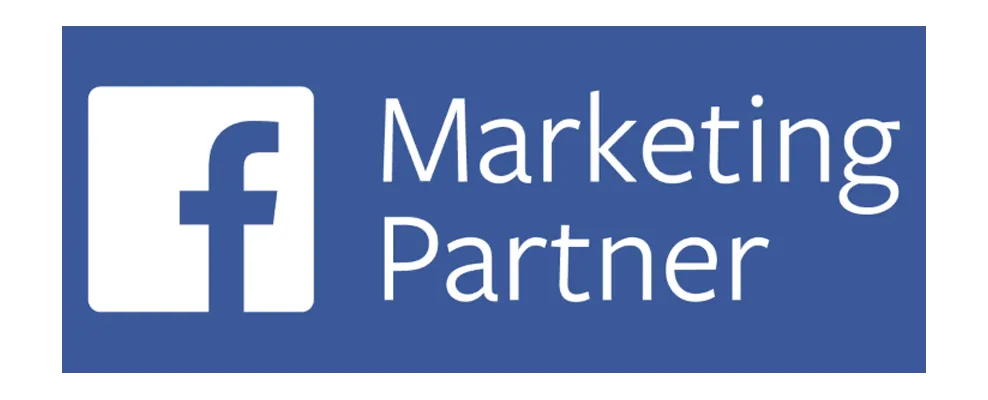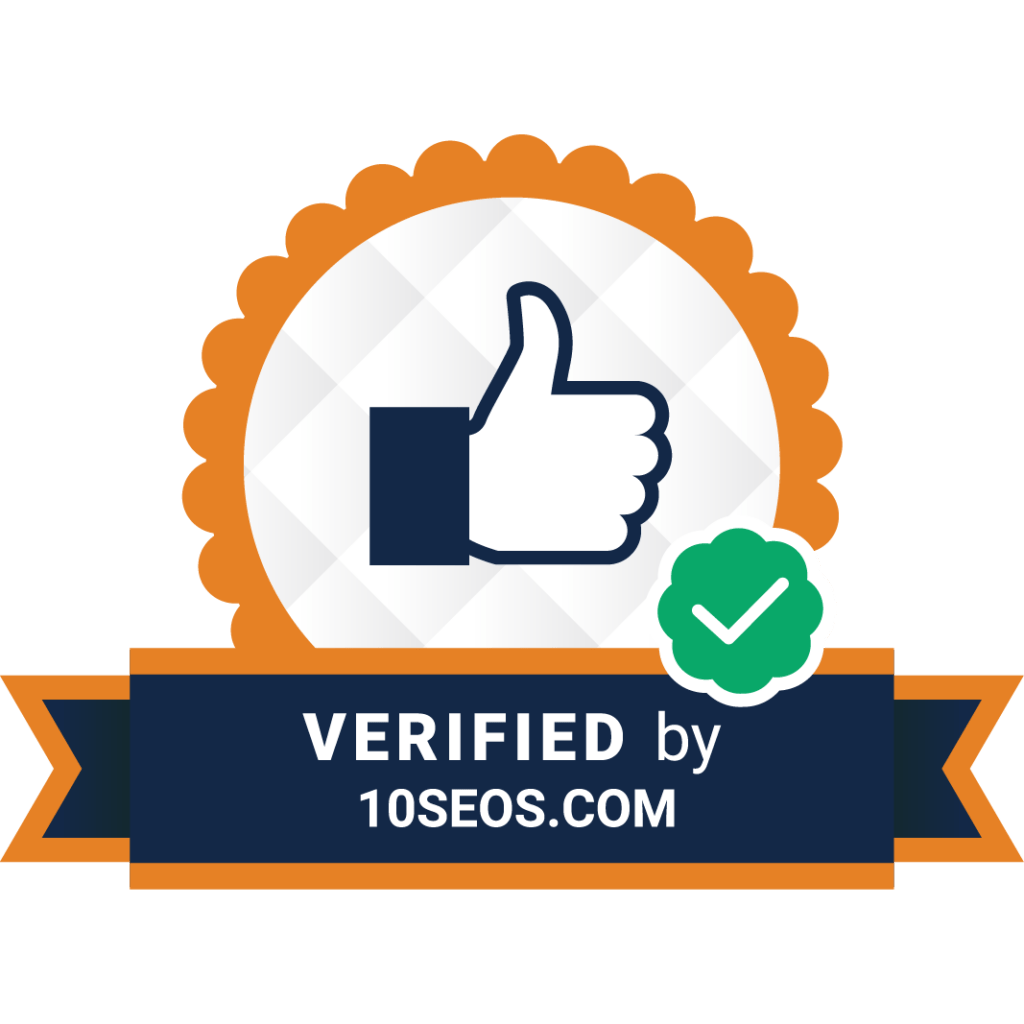5 Ways SMS Can Boost Business
In the digital age, businesses are always seeking effective ways to connect with their customers. One method that often gets overlooked is SMS, or Short Message Service.
SMS, commonly known as text messaging, offers unique benefits for businesses. It’s a tool that can enhance your marketing efforts and streamline operations.
This article will explore five ways SMS can boost your business. We’ll delve into the benefits of SMS and how it can be leveraged for maximum impact.
Whether you’re a small business owner, a marketing professional, or an entrepreneur, this guide will provide valuable insights. You’ll learn how SMS can increase customer engagement, improve ROI, and more.
So, if you’re ready to take your business communication to the next level, keep reading. Discover the power of SMS and how it can transform your business.
1. Immediate and High Open Rates
One of the key benefits of SMS is its immediacy. Unlike emails that might sit unread in an inbox, text messages are typically read within minutes of being received. This makes SMS an ideal channel for time-sensitive communication.
Another advantage of SMS is its high open rate. Studies show that text messages have an open rate of up to 98%. This is significantly higher than the open rate for emails, which averages around 20%.
The high open rate of SMS can be attributed to its simplicity and accessibility. Text messages do not require internet connectivity, making them accessible even to customers with limited internet access.
Moreover, the ubiquity of mobile phones means that SMS is a universally accessible marketing channel. With over 5 billion people worldwide owning a mobile phone, the potential reach of SMS is enormous.
In conclusion, the immediacy and high open rates of SMS make it a powerful tool for businesses. Whether it’s for sending reminders, promotions, or customer service messages, SMS ensures your communication is seen and read promptly.
2. Cost-Effective Marketing with High ROI
SMS marketing is a cost-effective solution for businesses. Compared to traditional advertising methods like TV, radio, or print, sending text messages is significantly cheaper. This makes SMS marketing accessible to businesses of all sizes, not just those with large advertising budgets.
In addition to being cost-effective, SMS marketing also offers a high return on investment (ROI). With the ability to reach a large audience quickly and efficiently, businesses can see a substantial increase in customer engagement and sales.
The effectiveness of SMS marketing can be easily tracked and measured. Businesses can monitor delivery rates, open rates, and conversion rates, allowing them to adjust their strategies for maximum ROI. This level of insight is not always possible with traditional advertising methods.
Furthermore, automated SMS campaigns can save businesses time and resources. Once set up, these campaigns can run without the need for constant monitoring or intervention.
In summary, SMS marketing is a cost-effective strategy with a high ROI. Its accessibility, measurability, and automation capabilities make it a valuable tool for businesses looking to boost their marketing efforts.
3. Personalization and Customer Engagement
One of the key benefits of SMS marketing is the ability to personalize messages. Personalization can lead to higher conversion rates as it makes customers feel valued and understood. With SMS, businesses can tailor their messages based on customer demographics, behavior, and preferences.
SMS also supports two-way communication, fostering a dialogue with customers. This can lead to increased customer engagement and loyalty. Customers can respond to messages, ask questions, or provide feedback, creating a more interactive and engaging experience.
In addition to marketing, SMS can be used for a variety of purposes that enhance customer engagement. These include appointment reminders, order status updates, and personalized greetings. Such messages can improve the customer experience and foster a stronger relationship between the business and its customers.
SMS can also be used to re-engage customers who have not interacted with the brand in a while. By sending targeted messages, businesses can remind these customers of their offerings and encourage them to re-engage.
In conclusion, the personalization and engagement capabilities of SMS make it a powerful tool for building strong customer relationships. Whether it’s through tailored marketing messages or helpful reminders, SMS can significantly enhance customer engagement.
4. Wide Reach and Accessibility
SMS marketing has a wide reach, making it an effective tool for businesses of all sizes. The ubiquity of mobile phones means that SMS can reach customers anywhere, anytime. This is especially beneficial for businesses targeting customers in areas with limited internet access.
Bulk SMS allows businesses to reach a large audience quickly and efficiently. Whether it’s a promotional offer or an important update, businesses can ensure their message is delivered to a large number of customers at once. This is particularly useful for time-sensitive communications.
SMS is also accessible to customers. The simplicity of text messages makes them user-friendly for recipients of all ages and tech-savviness. There’s no need for a smartphone or an app – any mobile phone can receive and send text messages.
Moreover, SMS can support multilingual messaging. This allows businesses to communicate with diverse customer bases in their preferred languages, enhancing customer satisfaction and engagement.
In summary, the wide reach and accessibility of SMS make it a versatile and effective communication tool. Whether it’s reaching a large audience quickly or communicating in multiple languages, SMS can cater to a variety of business needs.
5. Integration with Other Marketing Channels
SMS marketing doesn’t have to stand alone. It can be integrated with other marketing channels to amplify its effectiveness. For instance, SMS can be used to drive traffic to websites or physical stores, enhancing the impact of online and offline marketing efforts.
Integration with CRM systems is another key benefit of SMS. This allows businesses to manage customer data more effectively, enabling targeted and personalized marketing campaigns. SMS can also support other promotional activities, such as contests or events, by providing timely updates and reminders.
SMS can also be used to enhance the effectiveness of out-of-home advertising. For example, businesses can use SMS to provide additional information or exclusive offers to customers who engage with their billboards or posters.
Furthermore, SMS can maintain communication with customers during website or system maintenance. This ensures that businesses can keep their customers informed and engaged, even when their primary digital channels are temporarily unavailable.
In conclusion, the ability to integrate SMS with other marketing channels makes it a versatile and powerful tool. Whether it’s driving traffic, managing customer data, or supporting promotional activities, SMS can enhance a wide range of marketing strategies.
Conclusion
In the digital age, SMS proves to be a powerful tool for businesses. Its immediacy, cost-effectiveness, and wide reach make it a valuable asset in any marketing strategy. By integrating SMS with other channels, businesses can create a comprehensive and effective communication strategy that boosts engagement and drives growth.







